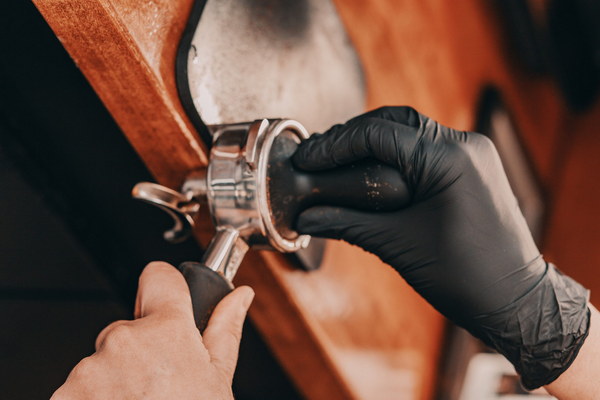Liver Care Guide Navigating Night Owls' Health Hazards and Safe Habits
Introduction:
In today's fast-paced world, staying up late has become a norm for many, whether it's for work, study, or entertainment. However, the consequences of chronic sleep deprivation can be detrimental to our health, particularly our liver. This article aims to provide a comprehensive liver care guide for night owls, offering practical tips to mitigate the risks associated with late-night lifestyles.
1. Understand the Risks:
The liver is a vital organ responsible for filtering toxins, metabolizing nutrients, and producing bile. Lack of sleep disrupts these functions, leading to an increased risk of liver disease. Night owls are more prone to conditions such as fatty liver, non-alcoholic steatohepatitis (NASH), and liver cancer.
2. Prioritize Sleep:

While it's not always possible to go to bed early, try to establish a consistent sleep schedule. Aim for 7-9 hours of quality sleep each night. If you're struggling to fall asleep, create a calming bedtime routine, such as reading or taking a warm bath.
3. Nourish Your Liver:
Your diet plays a significant role in liver health. Incorporate the following foods into your late-night meals:
- Green leafy vegetables: Spinach, kale, and Swiss chard contain high levels of antioxidants and fiber, which help reduce liver inflammation.
- Berries: Blueberries, strawberries, and raspberries are rich in antioxidants, protecting your liver from oxidative stress.
- Garlic: Garlic has been shown to reduce liver enzymes and prevent liver damage.
- Nuts: Almonds, walnuts, and Brazil nuts contain healthy fats and antioxidants, supporting liver function.
- Green tea: This beverage contains compounds that help protect the liver from toxins.
4. Avoid Liver-Toxic Substances:
Reduce your intake of alcohol and other liver-toxic substances. If you do consume alcohol, limit your intake to one drink per day for women and two drinks per day for men. Additionally, avoid smoking, as it increases the risk of liver disease.
5. Stay Hydrated:
Drinking plenty of water throughout the day is crucial for liver health. Aim for at least 8 glasses of water daily, and increase your intake if you're active or in a hot environment.
6. Exercise Regularly:
Regular physical activity can improve liver function and reduce the risk of liver disease. Aim for at least 150 minutes of moderate-intensity exercise or 75 minutes of vigorous-intensity exercise per week.
7. Manage Stress:
Chronic stress can lead to increased levels of the stress hormone cortisol, which can damage the liver. Find healthy ways to manage stress, such as meditation, yoga, or spending time with loved ones.
8. Seek Professional Advice:
If you're concerned about your liver health or have risk factors for liver disease, consult a healthcare professional. They can provide personalized advice and monitor your liver function through blood tests.
Conclusion:
Night owls can take proactive steps to protect their liver health by adopting a balanced lifestyle. Prioritize sleep, maintain a healthy diet, stay hydrated, and manage stress to reduce the risks associated with late-night lifestyles. Remember, your liver is a vital organ, and taking care of it can lead to a healthier, happier life.









